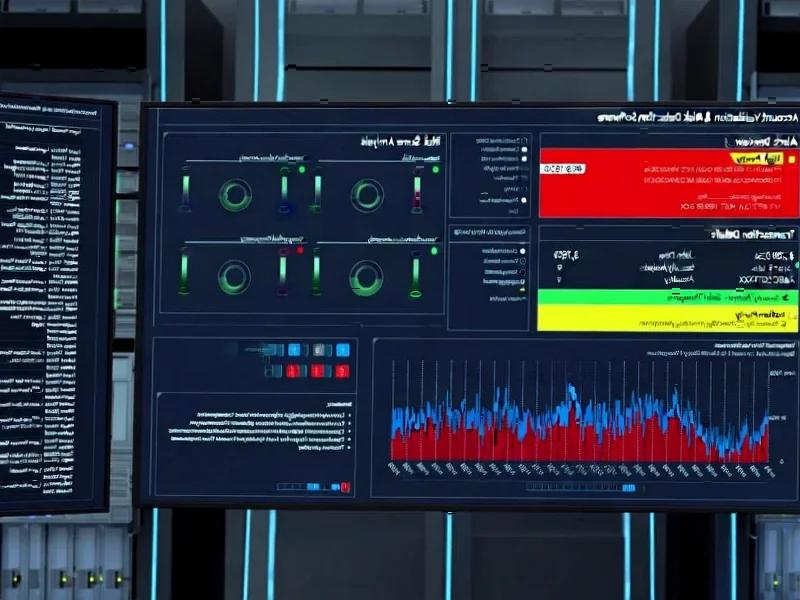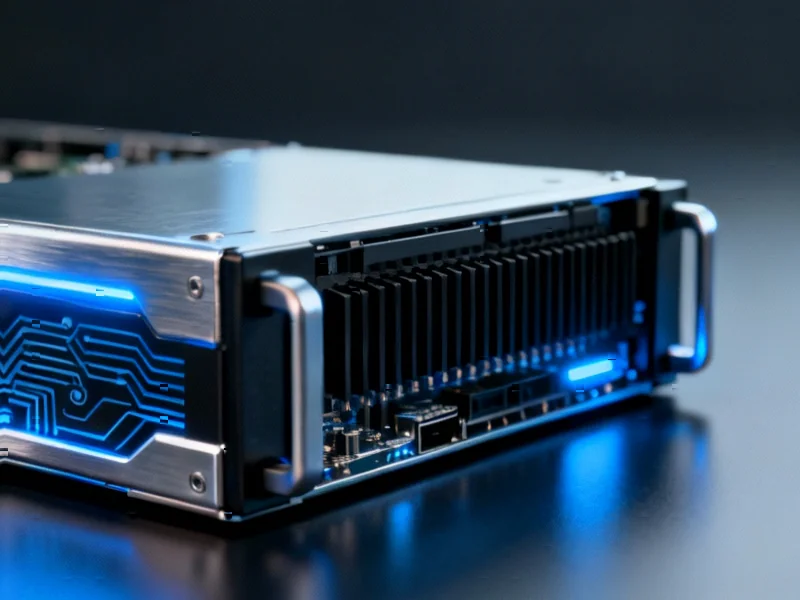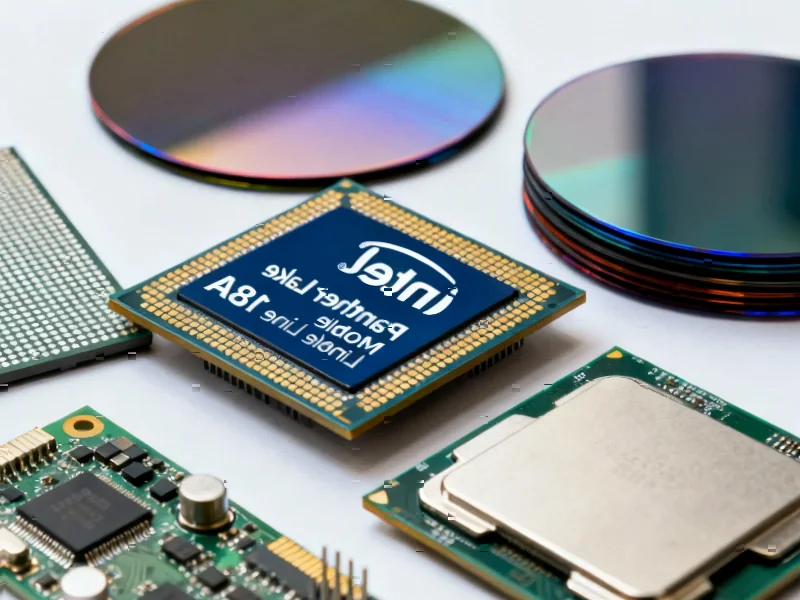A self-propagating worm dubbed GlassWorm has infected over 35,800 developer machines through poisoned VS Code extensions. Security researchers report the malware uses invisible Unicode characters that evade visual detection while establishing extensive criminal infrastructure.
Stealthy Malware Campaign Targets Development Environments
A sophisticated malware campaign targeting Visual Studio Code extensions has infected approximately 35,800 developer machines in what security researchers are calling an unprecedented supply chain attack. According to reports from Koi Security, the self-propagating worm, named “GlassWorm,” employs techniques that analysts suggest represent a major paradigm shift in malware sophistication.









